The Democracy Day Appeal: A Call from the Heart
During the Democracy Day dinner held at the prestigious State House in Abuja on Wednesday, June 12, former Kaduna Central Senator Shehu Sani made a heartfelt appeal to President Bola Ahmed Tinubu. This was not a mere request but a profound plea that resonated deeply with the principles of justice, democracy, and freedom. Sani, known for his bold and candid remarks, urged Tinubu to release the detained EndSARS protesters who have been languishing in various police stations since the 2020 protests.
Shehu Sani’s plea to President Tinubu was not just a political statement but a call to acknowledge and respect the voices of young Nigerians. He referred to Tinubu as the 'father of protest,' an iconic figure who has played a significant role in Nigeria’s political landscape. By invoking this title, Sani highlighted the irony of Tinubu's position, who once rallied and mentored the youth to stand against oppression but now presides over their detention. According to Sani, these protesters are akin to Tinubu’s 'children and grandchildren', symbolizing the next generation of advocates for a better Nigeria.
The Legacy of Protest in Nigeria
Nigeria has a rich history of protests and agitations for rights, justice, and democracy. Tinubu himself was a key figure during the pro-democracy struggles against military rule in the 1990s. His efforts, along with those of many others, eventually led to the establishment of democratic governance in Nigeria. It is against this backdrop that Sani's appeal carries profound weight. He reminded Tinubu of his own journey, a time when he too was an agitator, a youth in the trenches, and an instigator of change. The former Senator's appeal is a poignant reminder of the cyclical nature of history and the roles individuals play across different eras.
The EndSARS protests of 2020 were a significant chapter in this ongoing narrative. The movement, which started as a call to end police brutality under the Special Anti-Robbery Squad (SARS), quickly evolved into a broader demand for systemic change. The protests saw millions of young Nigerians take to the streets, demanding an end to corruption, extrajudicial killings, and indiscriminate arrests. These protests were a stark manifestation of the pent-up frustrations and the burgeoning aspirations of the country's youth.
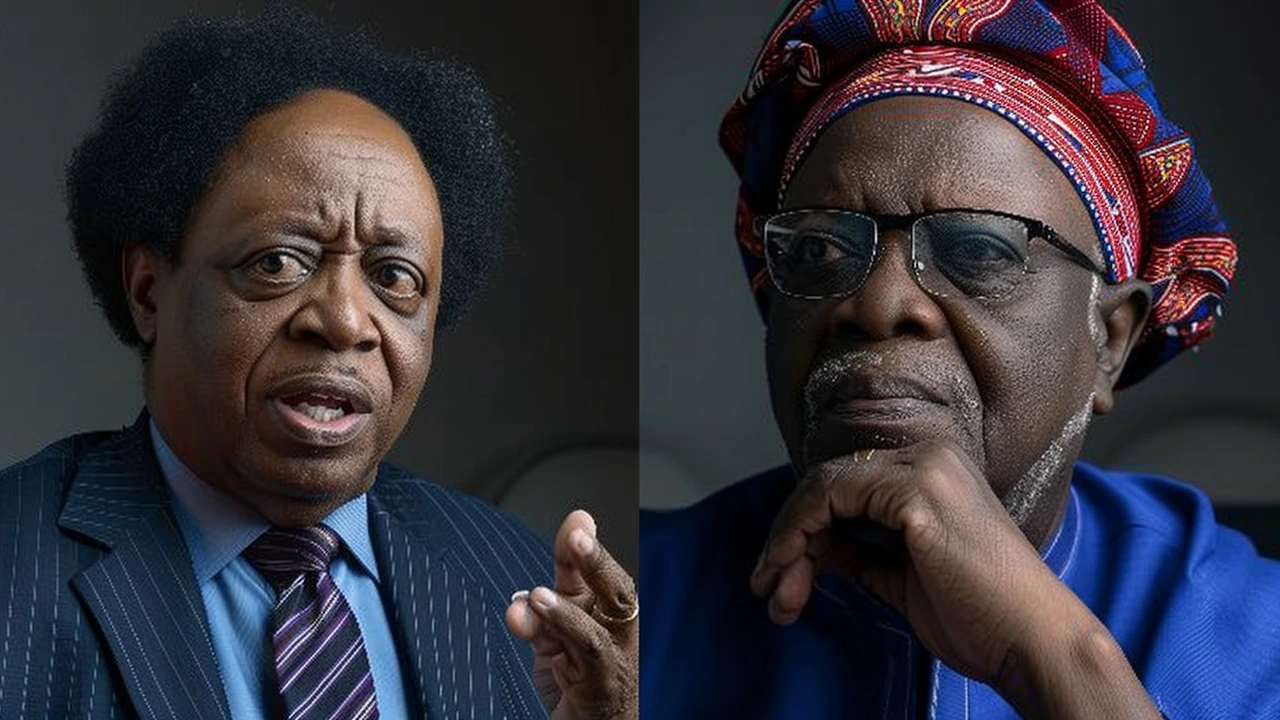
The Human Cost: Stories of Detained Protesters
As the protests grew, so did the crackdown. Thousands were arrested, and while many have been released, a substantial number remain detained. Their stories are harrowing, filled with tales of deprivation and injustice. Families have been torn apart, futures cast into uncertainty, and dreams put on hold. Sani’s appeal seeks to bring these stories to the forefront, to humanize these individuals who have been reduced to mere statistics in the annals of political repression.
The anguish of the families of the detained protesters is palpable. Mothers and fathers who sent their children to fight for a better Nigeria are now living in the constant worry of their well-being. The psychological and emotional toll on these families is immeasurable. Releasing these young individuals is not just an act of political goodwill but a move that would heal numerous wounded hearts and restore faith in the justice system.
The Rationale Behind Sani's Appeal
Shehu Sani’s appeal is grounded in the principles of justice and democracy. By calling for the release of the EndSARS protesters, he is advocating for a Nigeria that honors the voices of its youth. He emphasized the notion that these young people were not criminals but citizens exercising their democratic rights. Their demands for justice, accountability, and systemic reform should be acknowledged rather than suppressed.
Sani’s plea also touches on the inconsistencies in the responses to the protests. While some protesters have been released, the continued detention of others creates a dichotomy that undermines the rule of law. It sends a mixed signal about the country’s commitment to justice and democratic principles. Sani's appeal to Tinubu is a call for a consistent and fair approach to addressing the grievances of the citizens.
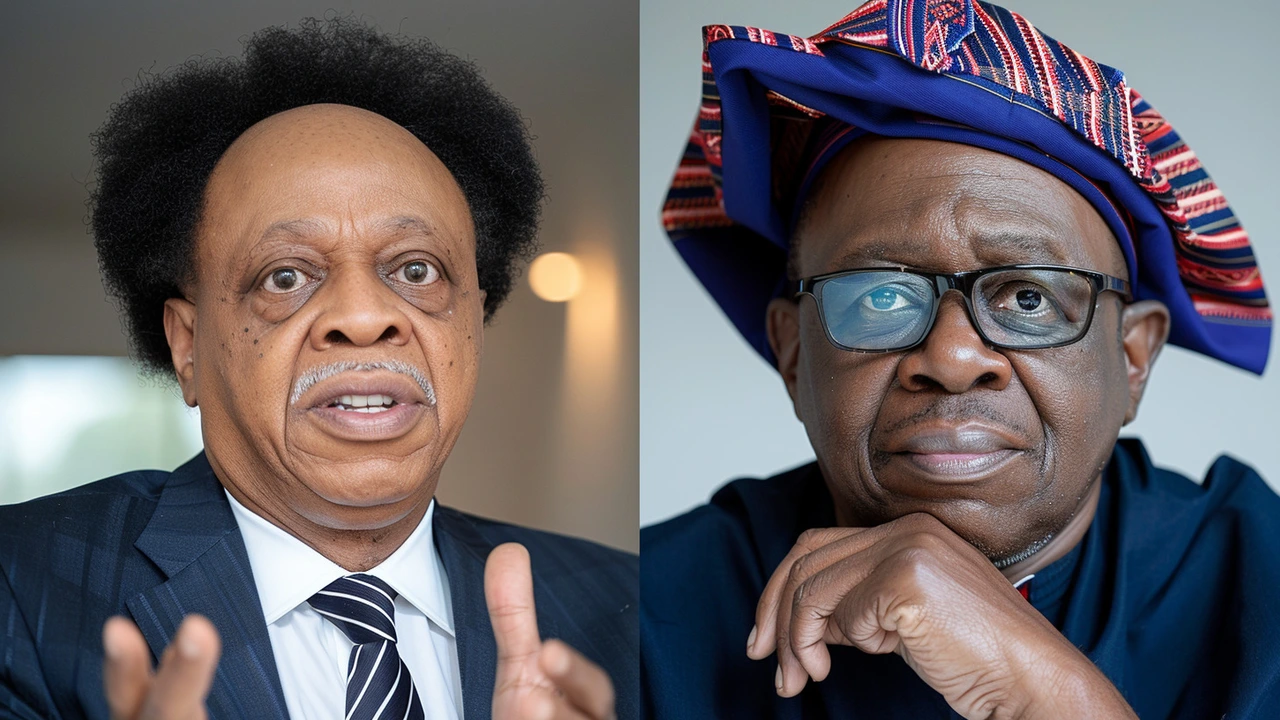
The Broader Implications
The release of the detained EndSARS protesters would have wider implications for Nigeria’s political landscape. It would signify an acknowledgment of the legitimate concerns raised during the protests and a commitment to addressing them. It would also serve as a confidence-building measure, reassuring the youth that their voices matter and are heard.
Moreover, it would foster a spirit of reconciliation and healing. The EndSARS protests, and the subsequent crackdown, left deep scars in the collective psyche of the nation. Addressing these issues is essential for moving forward as a cohesive society. By pardoning the detained protesters, Tinubu would be taking a significant step towards national unity and reconciliation.
Additionally, this move could have positive ramifications for Nigeria’s international image. The global community closely watched the EndSARS protests, and the crackdown drew widespread criticism. By releasing the detained protesters, Nigeria would be sending a strong message about its commitment to human rights and democratic values. This could enhance the country’s standing on the international stage and attract support for its socio-economic and political reforms.
The Path Forward
As Nigeria navigates its democratic journey, the contributions and sacrifices of its youth cannot be overlooked. The EndSARS protests were a testament to the power and potential of the younger generation. Their courage and determination to fight for a better Nigeria deserve recognition and respect.
President Tinubu has a unique opportunity to honor this legacy and set a precedent for future administrations. By heeding Shehu Sani’s appeal and releasing the detained EndSARS protesters, he would be reinforcing the values of justice, freedom, and democracy that he once fought for.
The journey towards a just and democratic Nigeria is ongoing, and the voices of its youth are an integral part of this process. Their fight for justice should not be met with repression but with acknowledgment and action. As the 'father of protest,' Tinubu has a moral obligation to stand by the principles he once espoused and ensure that the sacrifices of the EndSARS protesters are not in vain.
The release of the detained EndSARS protesters would be a powerful gesture, symbolizing a commitment to justice and progress. It would demonstrate that the Nigerian government values the voices of its citizens and is willing to listen and act upon their concerns. This would be a significant step towards building a more just, equitable, and democratic Nigeria for all.

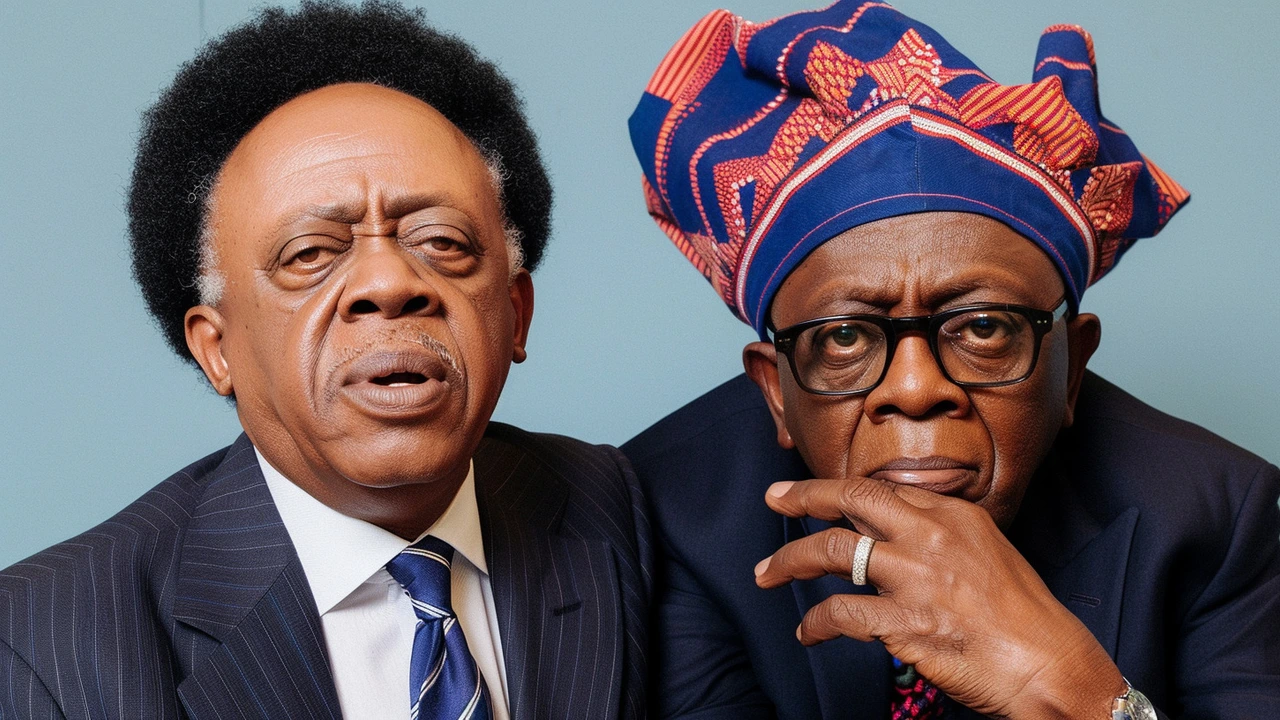
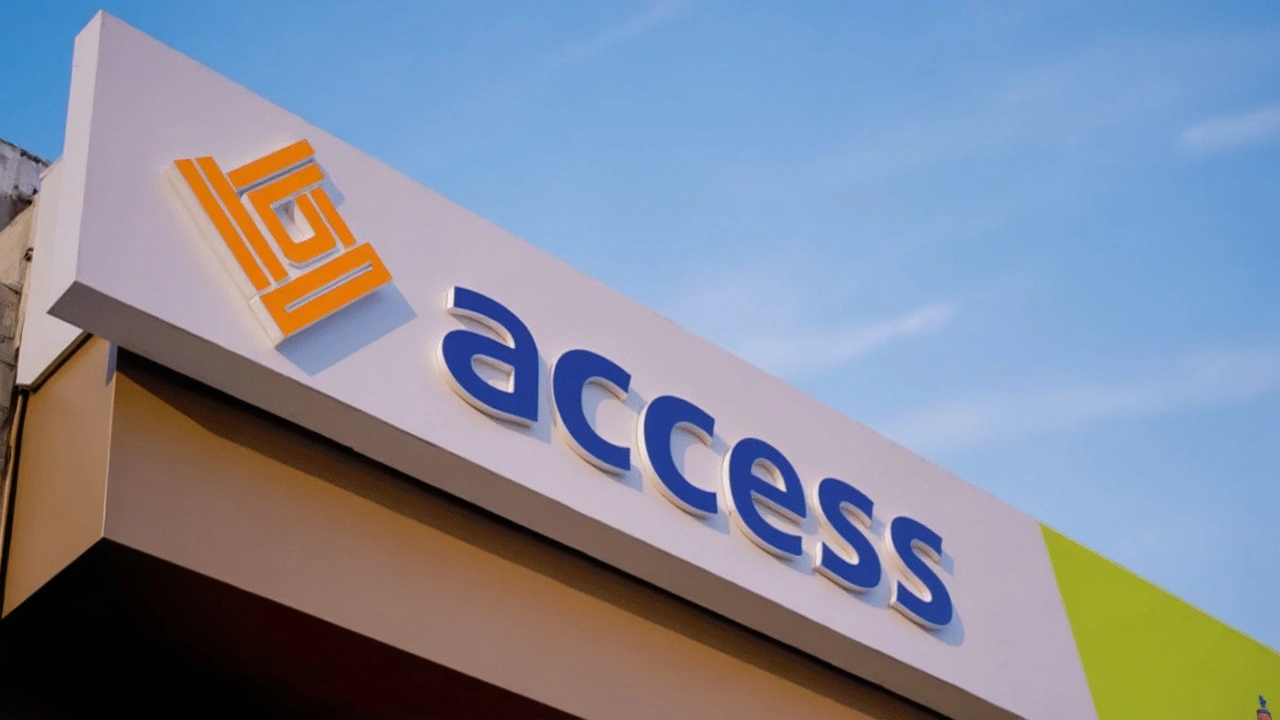
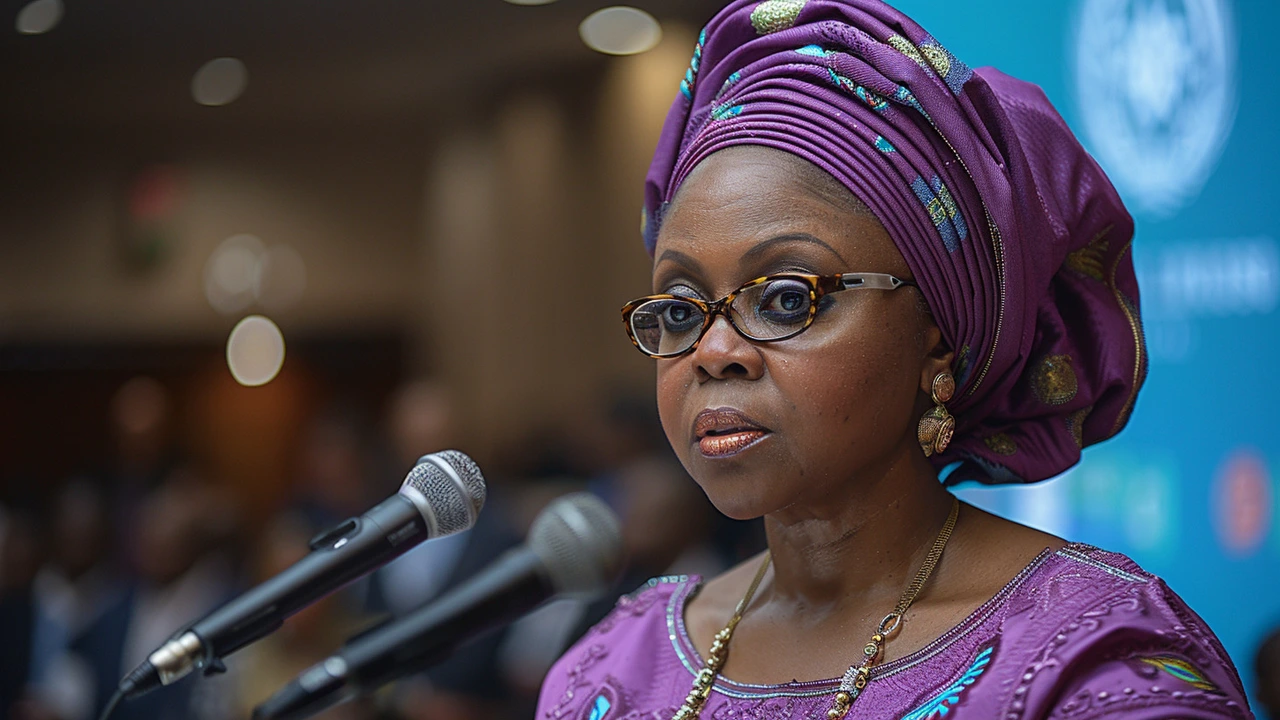
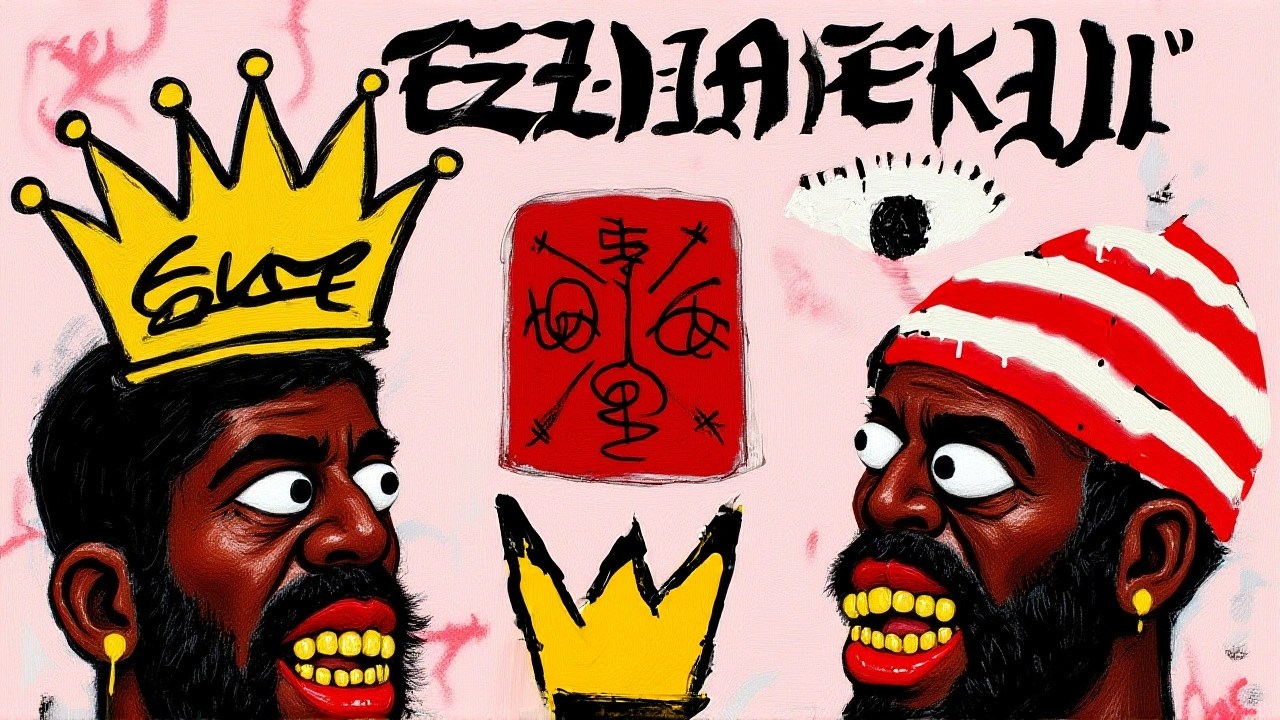

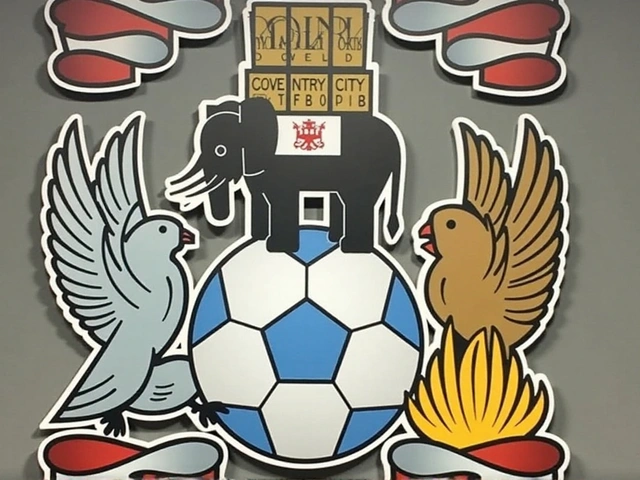


10 Comments
Shehu Sani’s heartfelt appeal resonates deeply, reminding us that the fight for justice is never truly over, and that every voice, especially those of young Nigerians, deserves to be heard, loud and clear! The reference to President Tinubu as the “father of protest” is both poignant and powerful, highlighting the ironic contrast between his historic role and his present responsibilities; it serves as a bridge between past struggles and current demands, urging a continuity of democratic values, a continuity that must not be broken. Moreover, the detention of EndSARS protesters underscores a troubling pattern, one that threatens the very foundations of a free society, a pattern that must be addressed without delay, without hesitation. It is crucial to recognize that these young activists are not criminals, but citizens exercising their constitutional rights, rights that have been fought for by generations past. The emotional toll on families, the shattered futures, the lingering fear-these are not abstract concepts, they are real, palpable consequences that ripple through communities, across Lagos, Abuja, and every corner of Nigeria. By releasing the detainees, President Tinubu would not only rectify a grave injustice, but also send a powerful message to the international community, a message that Nigeria stands firm on human rights, on democratic principles, and on the rule of law. This move would also rejuvenate public trust, it would heal wounds, it would foster reconciliation, and it would pave the way for a more unified nation, a nation that values its youth, its future, its hope. The broader implications are clear: a more stable political climate, an improved global image, and a stronger, more resilient civil society. In light of this, the call for mercy, for justice, for compassion, should echo not just in the halls of State House, but in every street, every market, every home. Let us stand together, let us amplify these voices, let us demand that the “father of protest” lives up to his legacy, and let us ensure that the spirit of EndSARS endures, bright and unyielding!
Releasing the detainees would reinforce democratic norms.
The current administration's hardline stance on dissent betrays the very nationalist ideals it claims to uphold, exposing a dissonance that erodes credibility; strategic realignment toward civil liberties is imperative for sustainable governance, and any continued repression fuels radicalization and destabilizes the sociopolitical equilibrium, thereby compromising national security and economic resilience.
The rhetoric you employ masks a profound hypocrisy, cloaking authoritarian impulses in the veneer of patriotism while ignoring the fundamental rights that constitute a genuine nation‑state; such analysis, though ostensibly sophisticated, ultimately reveals a toxic adherence to power that undermines the very fabric of constitutional democracy.
Yo I see the vibe-tinubu needs to chill and drop the lockup let the kids go the country will thank him real talk
Totally, letting them out is def the right move, it’s kinda obvious, we’ll see brighter tomorrow if they do.
Great point, guys! 😊 Let’s keep pushing for freedom and hope the government finally listens. 👍
Indeed, constructive dialogue coupled with decisive action would serve to reaffirm the administration’s commitment to democratic principles.
Yo fam, this is huge! If they free the protesters, it’ll be a massive win for everybody, vibes on point! 🎉🚀
Oh sure, because releasing a few detainees will instantly solve all of Nigeria’s systemic woes-what a magical fix!